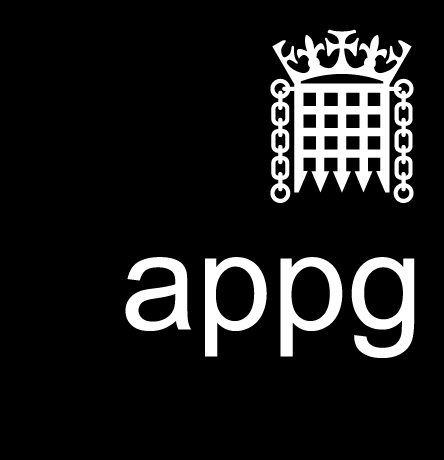Ten Dark Sky Policies for the Government
The APPG for Dark Skies’ ‘Ten Dark Sky Policies for the Government’ was produced following a consultation in which over 170 academics, legal professionals, national park associations, professional and amateur astronomers, members of local and national government, lighting professionals, engineers and businesses. It sets out the major causes of growing light pollution in the UK which threaten dark sky preservation and advocates policy solutions to mitigate or remedy such issues.
To revolutionise our approach to light pollution in the UK, fresh ideas are needed across three broad themes: challenging the existing legal framework for the parts of the planning process which regulate light pollution; overhauling the rules applicable to outdoor lighting installations; and introducing new initiatives at every level of government which educate and incentivise the reduction of light pollution and obtrusive light.
This policy plan provides a basis for the focus of the APPG’s campaigns in Parliament and calls on the government to implement a set of ten actions which would reverse the exponential growth of environmental pollution caused by artificial light.
Our policy paper recommends the following actions:
Update the existing legal framework
The existing legal framework regulating light pollution is derived from statute and therefore can only be amended by Parliament. New legislation is therefore likely to be necessary to truly protect the UK’s dark skies and night-time landscape.
1. Strengthen the National Planning Policy Framework: for the first time ever, make extensive specific reference to the control of obtrusive light in the National Planning Policy Framework.
2. Expand the scope of the planning permission process: introduce regulations for exterior lighting that are similar to those which currently cover advertisements.
3. Strengthen Statutory Nuisance Provisions: remove exemptions to give local authorities a more effective method of preventing nuisance lighting.
Supercharge standards for lighting
Following examples from other countries such as the ‘French Law 2018’, an overhaul of the rules applicable to outdoor lighting installations and internal light spill is paramount to prevent, limit and reduce light pollution.
4. Create a statutory Commission for Dark Skies: set up a statutory body to punish non-compliance and empowering local authorities and councils to enforce regulations.
5. Set standards for the brightness and colour temperature of lighting: establish legal limits to the amount of blue light that luminaires can have in their spectrum and encourage manufacturers, distributors and installers of lighting to adopt best practice in this area.
6. Set standards for the direction and density of lighting: introduce a legal requirement that all lighting units are sold and distributed with instructions for the control of obtrusive light and dark skies-friendly mounting instructions and issue penalties for non-compliance.
7. Create ‘best practice’ use for lighting: design a national program of best practice ‘Dark Sky Hours’ in which categories of lighting can be either dimmed or turned off completely in consultation with the community, lighting professionals and local police.
Incentivise dark sky governance at the national, local and individual level
Introduce new initiatives at every level of government which create clear incentives for dark sky preservation and educate about the effects of light pollution as part of wider climate change awareness.
8. Appoint a designated ‘Minister for Dark Skies’: give a new cross-departmental Minister a clear remit for the control and prevention of light pollution, as well as oversight of planning and environmental policies that concern dark skies.
9. Create a ‘Dark Sky Towns & Cities’ initiative: give local government the power to go further to reduce light pollution by creating a voluntary ‘Dark Sky Town/City’ classification.
10. Emphasise the role of education: work with educational and cultural institutions and NGOs to achieve widespread public awareness of the issue of light pollution.
This is not an official publication of the House of Commons or the House of Lords. It has not been approved by either House or its committees. All-Party Parliamentary Groups are informal groups of Members of both Houses with a common interest in particular issues. The views expressed in this report are those of the group.


